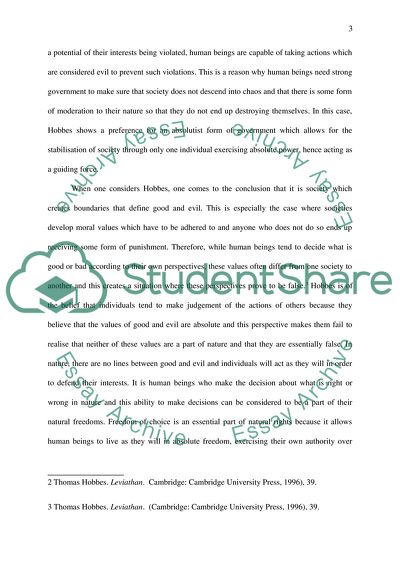Cite this document
(Impact of Hobbes on More Subsequent 17-18 Century Moral Thinkers Essay, n.d.)
Impact of Hobbes on More Subsequent 17-18 Century Moral Thinkers Essay. https://studentshare.org/philosophy/1876494-specified-in-instructions
Impact of Hobbes on More Subsequent 17-18 Century Moral Thinkers Essay. https://studentshare.org/philosophy/1876494-specified-in-instructions
(Impact of Hobbes on More Subsequent 17-18 Century Moral Thinkers Essay)
Impact of Hobbes on More Subsequent 17-18 Century Moral Thinkers Essay. https://studentshare.org/philosophy/1876494-specified-in-instructions.
Impact of Hobbes on More Subsequent 17-18 Century Moral Thinkers Essay. https://studentshare.org/philosophy/1876494-specified-in-instructions.
“Impact of Hobbes on More Subsequent 17-18 Century Moral Thinkers Essay”. https://studentshare.org/philosophy/1876494-specified-in-instructions.


